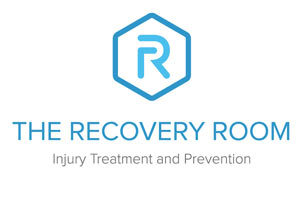Never increase your running distance by more than 10% per week.
Be aware of training intensity and terrain that may put extra stress on your body
Always warm up (using dynamic stretches) and cool down including (static stretches) using appropriate clothing for the weather conditions.
Listen to your body, hydrate properly, take appropriate rest days, and don’t run through the pain that is more than 2/10 VAS on the pain scale.
Check that your hip muscles are strong and maintain this by using single-leg squats keeping the ankle, knee, and hip aligned.
If you are running on roads, beware of running on a camber as this will alter the load distribution through your hip, knee, and ankle joints.
Seek professional advice if you are struggling with injury.
Remember, prevention is always better than cure
Running Injuries, are you your best friend or worst enemy?
One of the main reasons for runners presenting in my sports injury clinic is due to training error, this is linked to one of two factors, overuse and misuse.
The body is a very resilient, adaptable, and robust structure and has many factors (physical, mental, hormonal, nutritional etc.) involved when adapting to load placed upon it during activities like running.
Either being too enthusiastic and running without appropriate rest, or increasing distance too soon are often the reason for developing an injury. Sometimes this increase in load can be difficult to spot, so watch out for increasing elevation profiles on similar distances, changing running surface or speed.
Your weekly mileage may remain similar but another variable can contribute to overload, keep vigilant for this. You can monitor this in a diary or on a GPS watch.
A good starting point is to determine your own skills and starting place e.g. current fitness, running technique, experience, muscular strength, time for training etc. If you look to the 280km challenge (assuming you are not used to running these distances of brutal terrain) and work backward, you may feel overwhelmed and lose confidence. Start from the here and now, and work to where you need to be, this is best written down in a list to chart your progress, build confidence and commitment. Write anything you can on the list that could be a factor in helping you (current strengths) and address any potential barriers (limitations, current physical condition etc.) such as time.
Here are some tips to help manage your initial programme:
Get into a good sleep pattern, aim for 7 hours per night, evidence suggests that poor sleep is a risk factor for developing an injury.
Make a plan and write it down so the challenge does not become stressful, start with where you are, make sure you are realistic with your capabilities, and the time you have to commit to training.
Be vigilant for spikes in load as these can increase the chances of injury, this will allow your body to adapt to the demands placed upon it.
Train on similar terrain and elevation to the Azores (this could be difficult depending on where you live), but you need to get your body used to the brutal elevation but do this incrementally.
Make a note of the energy expenditure through training, make sure you replenish these calories to avoid fatigue by using a balanced diet and Tribe recovery shakes and bars along the way.





